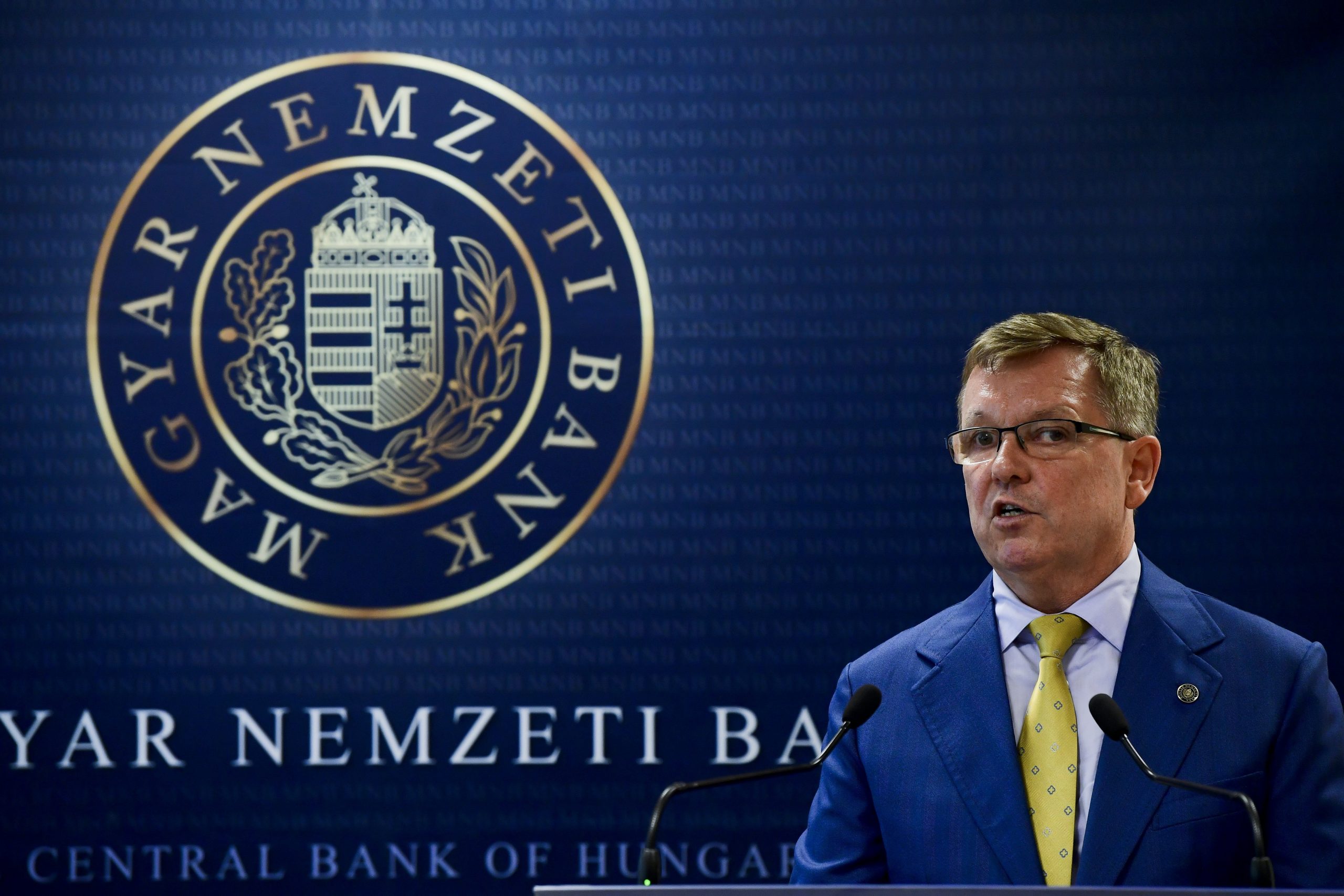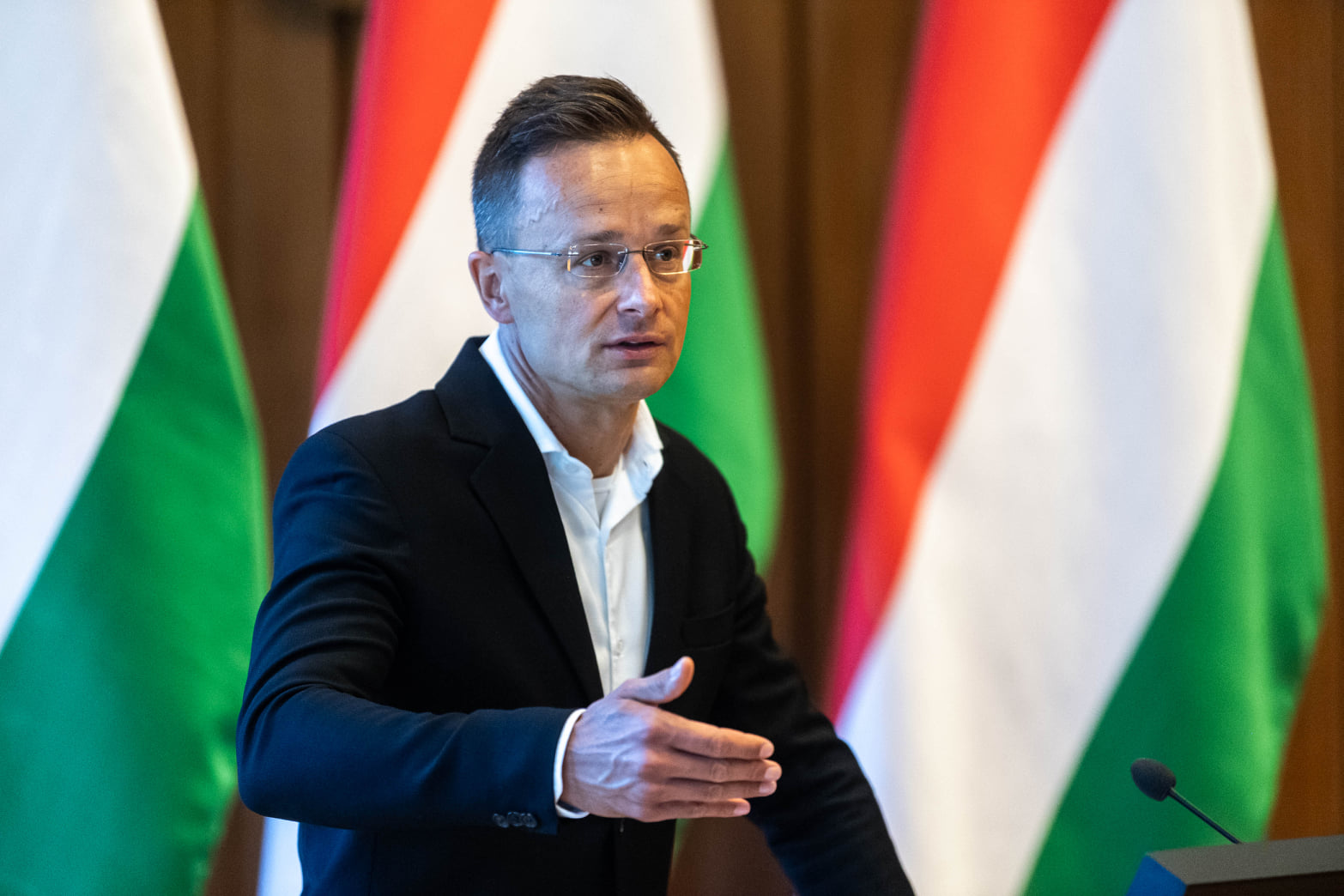
"This is not just about 2022, but about the entire decade," György Matolcsy said, referring to next year's general election.Continue reading

Hungary’s government is hard at work to help generate the investments needed to achieve its target of an economic growth rate of 5.5 percent by the end of the year, the foreign affairs and trade minister told a conference on Friday.
In his address to the annually-organised Tranzit Festival in Tihany, at Lake Balaton, Péter Szijjártó said Hungary’s crisis management measures were among the most successful in the world, thanks to which the country’s growth rate had now exceeded pre-crisis levels.
Industrial output, for instance, is now up 22 percent compared with 2019, Szijjártó said in his address streamed on Facebook.
Hungary’s low taxes, flexibility and political stability give it an advantage in the global race for investments, the minister said.
The government has supported the investments of 1,435 businesses operating in Hungary with grants totalling 474 billion forints (EUR 1.36bn), Szijjártó said. The companies’ investments are worth a combined 1,700 billion forints.
He noted that instead of issuing welfare cheques, the government last year had worked to prevent mass unemployment. Altogether 4.7 million people in Hungary have jobs today, he said, adding that 114 million jobs had been lost to the coronavirus crisis on a global scale.
As regards the procurement of medical equipment, Szijjártó said it was thanks to the “calm” foreign policy Hungary had pursued over the past decade that it was among the first to be able to purchase Covid vaccines from Russia and China.
The Hungarian economy was losing 30 million euros a day during the lockdown, he said, adding that the decision to use Eastern vaccines had prevented more damage to the economy because it allowed the country to reopen a month and a half earlier.
Szijjártó said it was thanks to Hungary’s flat-rate personal income tax and low corporate tax rate that it had been among Europe’s most pandemic-resistant economies in 2020. Between 2014 and 2019, Hungary’s economy saw 493 major investments worth a combined 20 billion euros, he noted.
Featured photo illustration via Péter Szijjártó’s Facebook page